Regarding AI, the National Assembly has issued the Law on Digital Technology Industry, which includes a chapter regulating AI. This is the initial legal basis for the development and application of AI. However, these regulations have not yet formed a comprehensive legal corridor, open enough to facilitate the research, development, deployment and use of AI and a comprehensive AI ecosystem.
In addition, we lack a mechanism for classifying and controlling risks of AI systems; a mechanism for inspecting, licensing and monitoring AI systems, especially high-risk AI systems; and a lack of mechanisms and policies for developing and attracting high-quality AI human resources. Although Resolution No. 57-NQ/TW clearly states that it is necessary to "make data the main means of production" and "develop the data economy and data market", the collection, processing, sharing and use of data for training AI models is currently facing many difficulties. The connection and sharing of data between national databases and industry databases is still slow and does not meet the requirements for developing large-scale AI systems.
It is worth mentioning that we are lacking a legal responsibility gap when AI causes damage. This legal gap is one of the biggest challenges when dealing with the consequences caused by AI. The question is, when an AI system causes damage such as: a self-driving car causing an accident, a medical diagnostic software giving wrong results... then who will be responsible? Is it the developer, the manufacturer, the user, or the AI system itself? When we do not have specific regulations on responsibility, this will be a huge risk for consumers and for businesses when using AI.
Not stopping there, with the "superior" development of AI, there are also concerns about non-traditional security risks. Deepfake technology is abused to create false information, defame organizations and individuals, and create forms of fraud. If this situation is not controlled by a tight enough legal framework with strong enough sanctions, it will cause social instability.
In order to realize the Party and State's viewpoint of identifying AI as a spearhead and breakthrough to improve national capacity in the digital age, the draft Law on Artificial Intelligence is being developed by the Government with a consistent viewpoint: The Law puts people at the center, with the supreme principle that AI is created to serve people, not to replace people, and people supervise AI in important decisions; AI must be transparent, responsible and safe. The Law on Artificial Intelligence manages AI systems according to the level of risk, encourages domestic AI development and AI autonomy, and takes AI as a driving force for rapid and sustainable growth.
To ensure improved management efficiency and protect the rights of users, the draft Law stipulates the responsibility for managing and handling AI incidents. Accordingly, organizations and individuals participating in the development, provision, deployment and use of AI systems are responsible for ensuring safety, security and reliability during the system's operation; proactively detecting, preventing and promptly resolving incidents that may cause harm to people, property, data or social order.
When a technical incident, incorrect results or unexpected behavior of the AI system occurs, the developer and supplier must promptly apply technical measures to fix, suspend or revoke the potentially harmful system; notify and coordinate with the competent state management agency to investigate and handle the incident. The deployer and user are obliged to record and promptly notify the supplier of the incident and coordinate with relevant parties in the process of fixing it, and must not arbitrarily intervene or modify the system without permission. In addition, the draft law also stipulates the obligations of the supplier and deployer for high-risk AI systems...
Vietnam's early promulgation of the Law on Artificial Intelligence will create a breakthrough for AI, create a favorable legal environment to promote innovation, enhance national competitiveness and affirm the position of a country with the capacity to be autonomous in technology.
Source: https://daibieunhandan.vn/hoan-thien-khung-kho-phap-ly-cho-ai-10390839.html


![[Photo] Closing ceremony of the 18th Congress of Hanoi Party Committee](https://vphoto.vietnam.vn/thumb/1200x675/vietnam/resource/IMAGE/2025/10/17/1760704850107_ndo_br_1-jpg.webp)
![[Photo] General Secretary To Lam attends the 95th Anniversary of the Party Central Office's Traditional Day](https://vphoto.vietnam.vn/thumb/1200x675/vietnam/resource/IMAGE/2025/10/18/1760784671836_a1-bnd-4476-1940-jpg.webp)
![[Photo] Collecting waste, sowing green seeds](https://vphoto.vietnam.vn/thumb/1200x675/vietnam/resource/IMAGE/2025/10/18/1760786475497_ndo_br_1-jpg.webp)



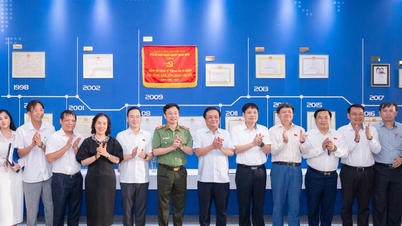






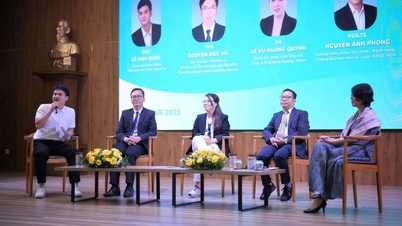




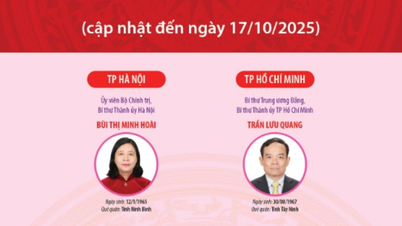
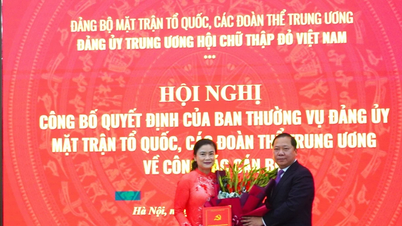
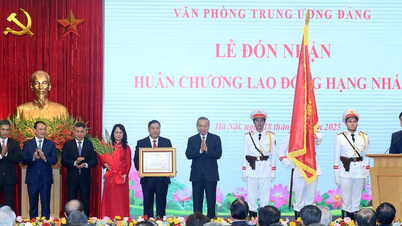





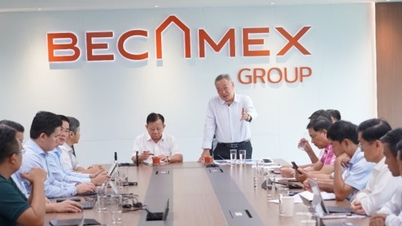

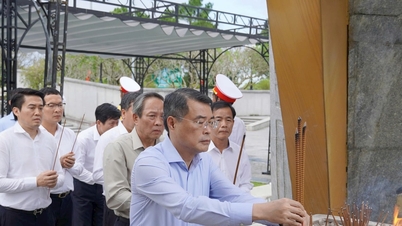
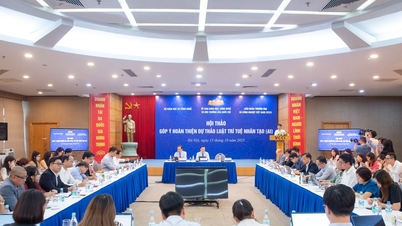
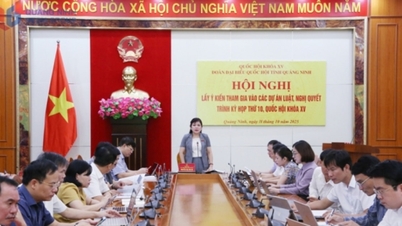



































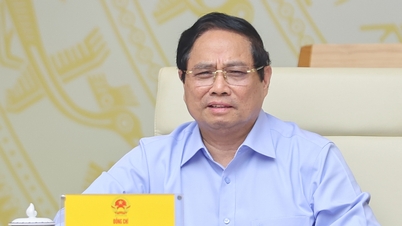
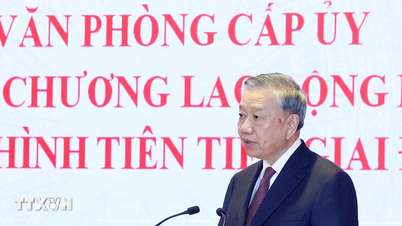
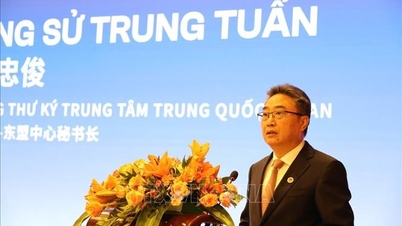














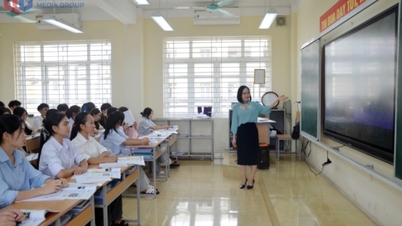



















Comment (0)